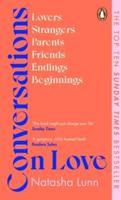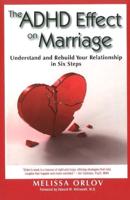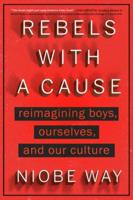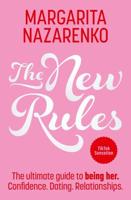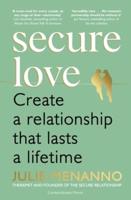Publisher's Synopsis
You're overjoyed to be a parent, and that's putting it mildly. So why are you also feeling emotionally spent? It's perfectly normal, even if you weren't the one to give birth. Postpartum depression is a form of depression that occurs after the birth of a child. While it's often experienced by mothers, it can also be experienced by fathers. Men may not experience the pain of childbirth or need physical recovery, but the presence of a new child is a major life change. Fathers, like mothers, need to pay attention to their mental health. Exhaustion and stress, in addition to other factors, can lead to male postpartum depression.
On some level, you may have been waiting for the pregnancy to end and life to get back to normal. For the first time, you might be realizing what it means for your life to have changed. Go with the flow, and fall into a rhythm that works. It's time to work out what your new routines are. Don't expect to hit your stride right out of the gate, though - it'll take plenty of time and practice.Feeling exhausted, overwhelmed, and stressed following the birth of a child is a normal aspect of parenthood. Still, if symptoms persist or if they interfere with daily life or the ability to care for the child, then it could be postpartum depression. This is true for both mothers and fathers. Many postpartum depression symptoms are synonymous with a major depressive disorder. Symptoms vary from person to person. You may experience some, not all, and they can vary in degree. For men experiencing paternal depression, these are some common symptoms:
- A significant change in appetite
- Weight change
- Inability to sleep
- Unexplained aches or pains
- Loss of energy
- Feeling restless or agitated
- Loss of interest or pleasure in activities
- Feeling sad or hopeless
- Feeling worthless or guilty
- Excessive worrying
- Inability to concentrate or make decisions
- Sudden changes in mood
- Thoughts of suicide or death
- Intrusive thoughts of harming the baby

